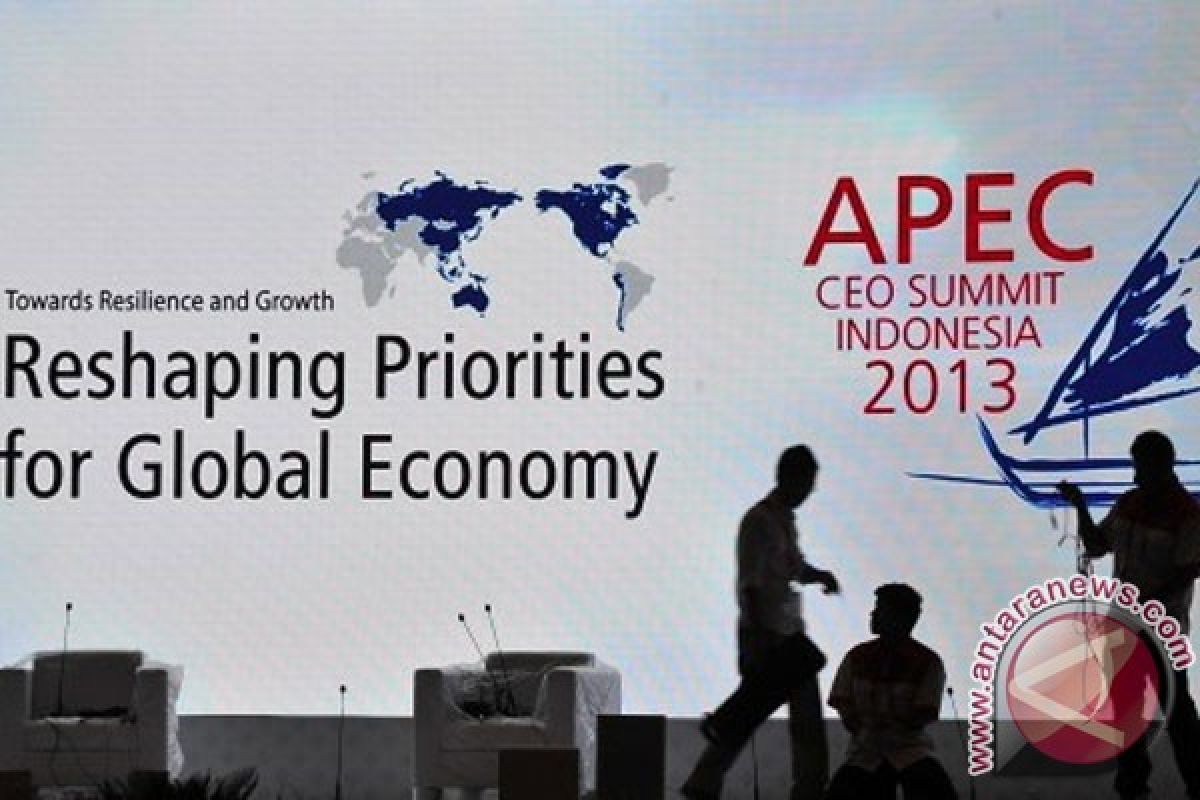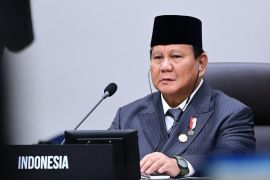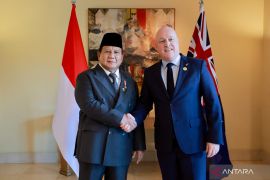Sullivan shared his view of digital development in the APEC region and its capacity to level the playing field when it comes to trade.
"E-commerce, digital trade, and the digital economy, in general, continue to grow rapidly in the APEC region, driven by the access businesses have now to more and better data that is allowing them to gain all sorts of insights into how to improve efficiencies and productivity," he remarked.
According to Sullivan, all the data is providing fuel for emerging technologies - from self-driving cars to artificial intelligence and robotics to precision medicine.
He further explained that easier data access at the end of the day can also empower consumers and put more people in a position to participate in global markets through online platforms.
"Today, individuals and small businesses can reach markets abroad in a way they never could before. Two people in Papua New Guinea can sell their goods in Vietnam in the same way a global company in Canada can sell its products in Malaysia. That is a tremendous leveler in terms of trade opportunities," Sullivan added.
However, Sullivan pointed out that there are still barriers to opening up e-commerce and the digital economy.
"Data does not stop at the border and, unfortunately, in recent years, we have seen a rise in digital protectionism. This includes restrictions, such as data localization, where you have to store data and, in many instances, process data inside the borders of the economy that imposes it," he noted.
Moreover, data localization laws are sometimes put in place due to legitimate concerns to address cyber-security or privacy.
Nevertheless, such restrictions reduce the benefits of e-commerce, as it becomes more expensive and serve only to hurt entrepreneurs and small businesses, in particular, who cannot afford to comply with a wide variety of different laws.
Fortunately, in APEC, there is a great solution called the Cross-Border Privacy Rules system.
"On the one hand, there are privacy and data protection under the system, but they are balanced against the need for cross-border flows of information that facilitate all technologies that we use every day. That is a very pragmatic approach to these issues that you do not always see in every part of the world," Sullivan remarked.
Editing by Rahmad Nasution
Reporter: Yuni Arisandi
Editor: Fardah Assegaf
Copyright © ANTARA 2018











